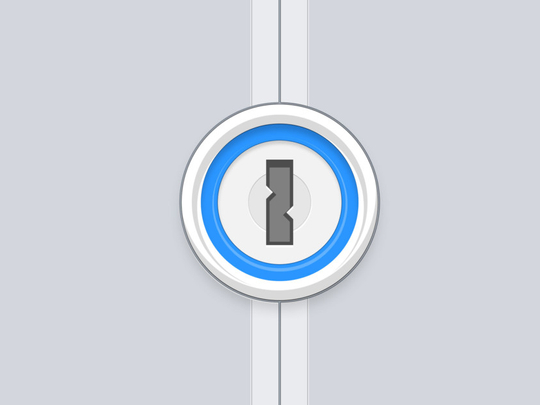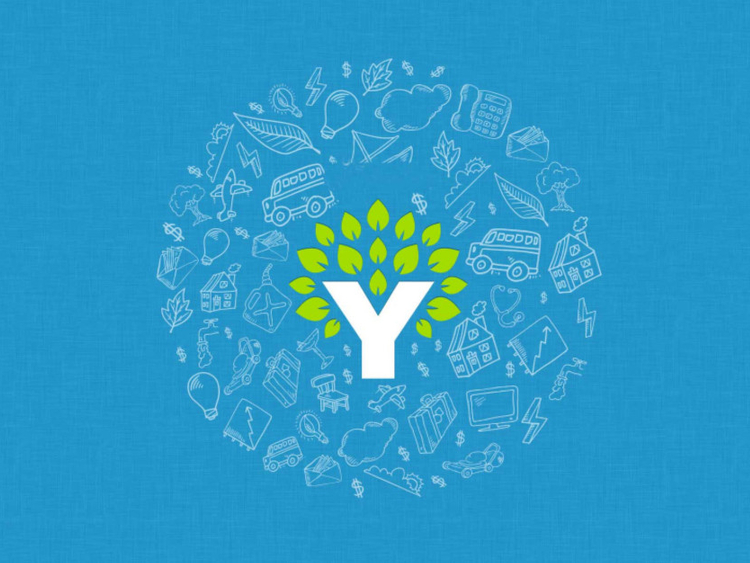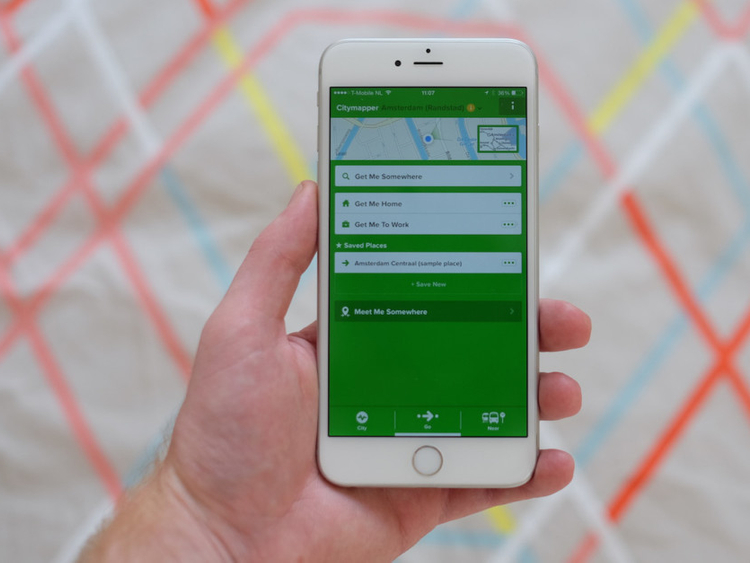
When I decided to make my lunch at home, rather than buy it at work, it took the better part of a year before I could reliably leave the house in the morning with the lunch in my bag, rather than in the fridge. When I started going to the gym, I would often only realise I’d skipped it when I unpacked my gym bag the morning after, only to notice that the clothes were unworn.
As a coping mechanism, I’m a serial consumer of life hacks, those tips and tricks designed to help people like me get through the day in a rough simulacrum of adulthood.
Unfortunately, I’m not organised enough to use most of them. I’ve tried to-do lists: they generally involve me making a list at the start of the day, then remembering towards the end of the day that I made a list and that I should probably look at it. I’ve tried Inbox Zero; I’m currently at inbox 8,884, so you can see how well that went.
I’ve even tried the time management equivalent of fad diets, such as David Allen’s Getting Things Done, which recommends triaging tasks into those you can do in a few minutes, those you can break down into those you can do in a few minutes and ... something else. To be honest with you, I got distracted and didn’t finish his book.
Some life hacks have been more helpful than others. Three in particular have entered my life to such an extent that they have become part of my routine, and it’s now hard not to use them.
1Password
Almost any password manager fits here, but 1Password is my preferred app. Its integration with the Apple ecosystem, in which I am (increasingly reluctantly) enmeshed, is second to none and it’s got the most elegant interface of any of the password managers I’ve used.
Even if you’re actually competent at adult life, you should be using a password manager. Passwords you can remember are, by and large, passwords other people can guess, or at least brute force. And you should stop reusing passwords on multiple sites. Yes, even the not-very-important sites that you don’t log in to all that often. Yes, even that one.
A password manager makes it trivial to have a different password for every site, and 1Password even lets you run a “security audit”, going back and examining older sites to make sure that you’ve used secure, non-reused passwords there too.
As an added bonus, the app also acts as a generic secure note store. Mine contains credit card information, bank details and personal data like my national insurance number, all protected with a fingerprint lock and pin code.
YNAB
YNAB — short for You Need a Budget — is single-handedly responsible for me not needing an overdraft. That alone makes it a must-buy.
The app is a digital evolution of the old concept of “piggybanking”: dividing your income into separate pools on payday, and not spending money from one pool on anything other than what it’s for. In practice, that means that you end up devoting, say, £60 (Dh316) a month to drinking out, and not spending more once it runs out — even if you have GBP30 left in your clothes budget.
Unlike most finance apps, YNAB isn’t particularly backwards-looking. If you want to run detailed analytics on your spending habits, or store receipts and expenses to aid with your tax return preparation, you’ll need a second piece of software alongside it. But in the end, that works out as a positive: too many people think that keeping very good track of exactly how much they overspend each month counts as “making a budget”, rather than just obsessively documenting how rapidly they’re plummeting into penury.
As a result, YNAB doesn’t require much setup time: simply put in how much money you have left and portion out how you’ll spend it until next payday. When you’re paid, portion that out and so on. Eventually, even that time gets saved, because most months, most budgets will be largely the same.
YNAB also comes with a fancy app to help you record your spending in real time. I do not use the app because I always forget I have it installed, but I’m sure it’s very good.
Citymapper
The perfect travel app (if you’re going to a city with an actual public transit network) and the perfect app for people who don’t know their way around the transit system of their hometown. Citymapper also works surprisingly well as a salve for undoing the worst of my disorganisation. Even though I know how to get around London and I usually know roughly how long a journey will take ... I’m still late.
Citymapper’s journey planner is the saviour, however. Tell it when you need to be at your destination, and where it is, and the app tells you when to leave. It even works in a bit of wiggle-room in case everything goes wrong. It takes into account scheduled train departure times, as well as disruption and engineering works, and will even — should you desire — tell you when it’s quicker to hop on a bike hire for part of your journey.
And if all that fails, then you can still take advantage of one last feature: the dynamic ETA, which lets you text a friend to tell them when you’ll be arriving and updates if you’re running late. It’s cold comfort but better than nothing.
— Guardian News & Media Ltd, 2016









